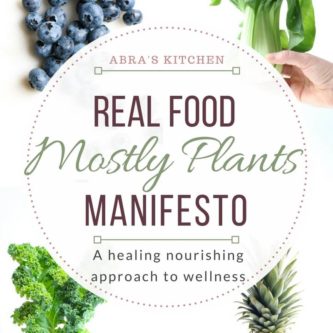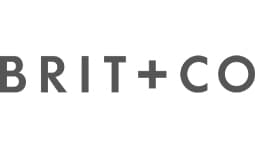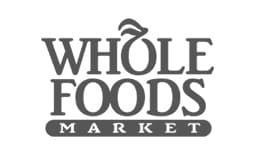In the overwhelming world of dietary dogmas is “real food, mostly plants” just another empty phrase? Or is it the healing nourishing change you've been looking for?
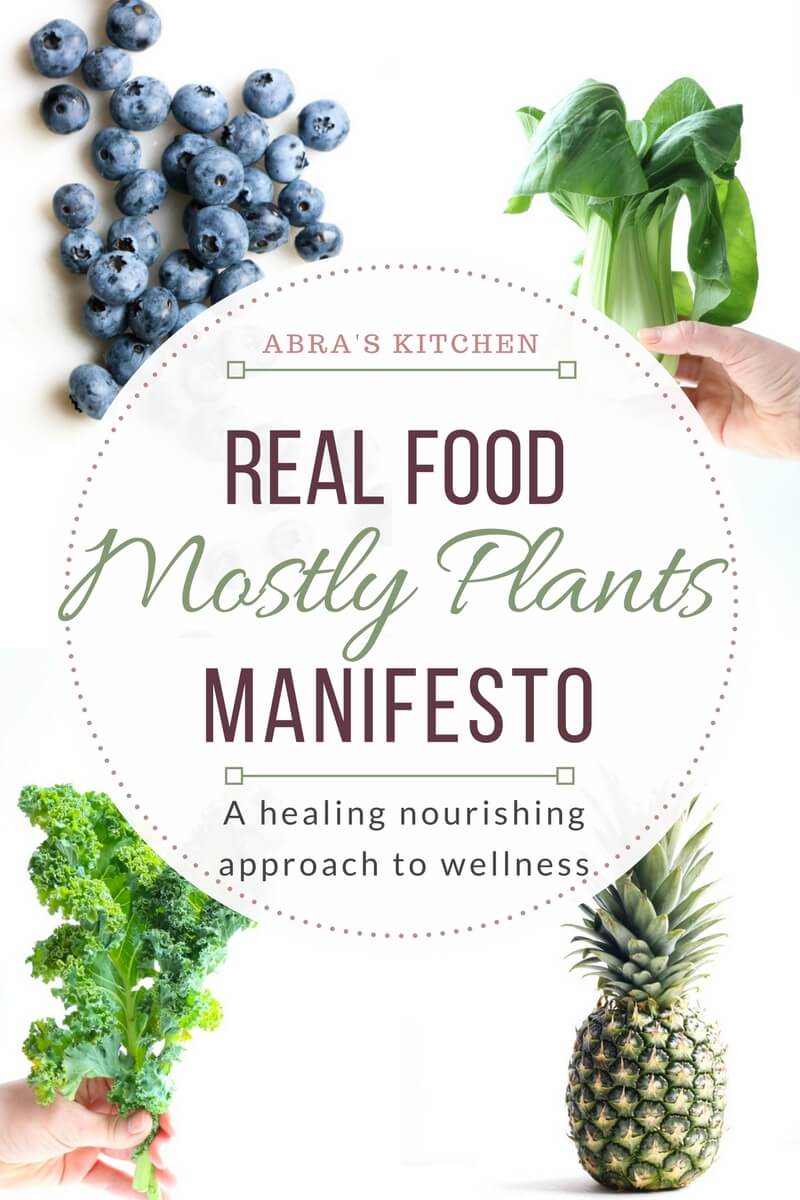
Dietary dogmas are the fuel that keeps the wellness industry alive. They sell magazines and books. They convince you that you've been eating all wrong. This week they espouse the benefits of the paleo diet, next week – the vegan diet. Dietary dogmas also contain beautiful nuggets of information that, when mindfully applied, can encourage greater health, happiness, and vitality in our lives.
Trouble is, how do you know which nugget to listen to? Eliminate all carbs? Fat is evil? Fat is king? Animal protein ride or die? Vegan forever? Which dogma will work for you?
I was listening to a podcast last week where the guest boldly stated that the wellness industry is a euphemism for the diet industry and bam! It hit like a ton of bricks. I agree 100%. I feel like I have a deep responsibility as a wellness professional to share the truth, my truth, behind food and wellness. To share my philosophy behind this blog and my nutrition practice. To let you know that I am sitting in a coffee shop sipping on an almond milk matcha latte, with an empty superfood acai bowl in front of me, my hair is wet because I just came from aqua spin class AND I will be having a burger for dinner with sweet potato fries. Both can exist. Both are in fact “healthy”, and flexibility is how I've healed myself from compulsive eating and now honor, love, cherish and have deep gratitude and respect for my relationship with food and my body.
I don't have a six pack, I am not a size 4, AND I have a f@*?/!! fabulous life.
After working with thousands of clients through the years one thing is certain; there is no one right diet, there is not a perfect plan for every – body. There are, however, principles that I've seen work over and over and over again. That's the real food, mostly plants manifesto, applied mindfully and lovingly.
It's challenging to be a nutrition professional without one strong dogma to hold onto. I would love to espouse the benefits of the keto diet alone, but I don't believe that's the answer for everyone (or anyone, but I digress). I would not be standing in my truth if I told you I ate only organic kale, I don't. I do when I can AND last night I ate tacos.
So what does the “Eat Real Food, Mostly Plants” bit really mean?
Well, first of all, it's borrowed from Michael Pollan in his book “Food Rules”.
“Eat food, mostly plants, not too much.” – Michael Pollan
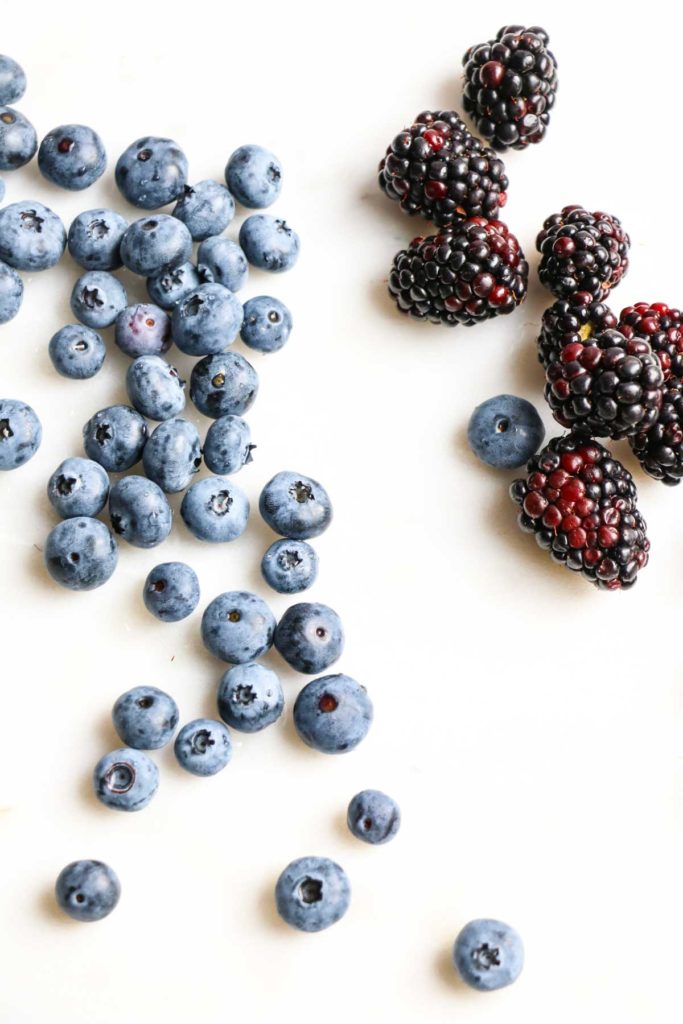
I added “real” food because in my experience food needs a deeper distinction these days, a qualifier. I wish that wasn't true. Highly palatable processed foods are cheaper, easier to access, and quite frankly addictive. I know we are fighting the good fight to bring healthier food to the population, that's why I added “real” as an adjective.
What is real food?
Honestly, I don't love the word “real” because it implies that other food is inherently fake. Just like I don't love “clean” food Because it implies that there is also dirty food? But real and clean are words we have to employ to separate food that is powerful and capable of healing and food that is created in a lab by food scientists who test flavor combinations (using chemical enhancers) until they reach the “bliss point”, the point where the “food” product will send us over the moon, addicted, and throwing that bag of chips into our grocery cart every single week. Do you see why I think we need a qualifying adjective?
- Real food is simply food that is as close to its natural state as possible. A tomato rather than a tomato flavored potato chip.
- Real food doesn't have labels or packages.
- Real food doesn't require you to read a long list of ingredients.
- Real food is ingredients. Packaged blueberry muffin may have upwards of 59 ingredients (I'm looking right at you Little Debbie) real food is flour, sugar, blueberries, butter.
What does mostly plants mean?
- Plants are anything grown in the earth or on a tree, grown on a plant – not made in one.
- Vegetables, fruits, grains, nuts, and seeds are all plant foods.
- Wellness professionals can argue nonstop about paleo vs. vegan, but what we can agree on is that vegetables are good for you. Simple.
- Do you want to feel different? Better? Then eat more plants.
What about animal products?
- If you are going to eat animal products (beef, chicken, pork, seafood, dairy products) then I suggest increasing the quality of these products. Organic when possible, sourced from small farms, where animals are humanely raised.
- This is not just for aesthetics or moral bragging rights it's also because animals who are grass fed have a better omega 3/omega 6 ratio. (Omega 3 = anti-inflammatory fats, omega 6 = pro-inflammatory fats).
- I like to, most of the time, treat animal products more like condiments rather than the main event. I love soups, stews, and chilis, for this reason. In these one-pot meals, I use much less animal protein and can stretch it for several days. I also eat burgers (cannot wait for dinner tonight!). These are flexible principles.
So that’s it, pretty simple. I try to eat a vegetable with every meal (breakfast included), eat fewer animal products, and I source my food from local farms whenever possible.
All of that AND I will eat a taco casserole, I will have an ice cream cone in the summer, I will eat Jordan's homemade pasta, I will eat my Mom's 14 varieties of Christmas cookies, and you can bet your bottom dollar that I will eat a NYC slice (that's pizza, served on a paper plate). I will eat all of this AND I will love myself AND I will honor myself AND I will honor the planet AND I will model behavior that I hope my children (maybe one day, or not), my clients, and my readers can replicate with an abundance of self-care, love, and respect.
So that is my manifesto. That is the Abra's Kitchen manifesto. Simple, loving, joyful. Food is a deep source of love and nourishment for me, that's why I respect it and honor it, in a flexible open way.
Thoughts? Let's have a conversation, comment below or send a private email to abra@abraskitchen.com

